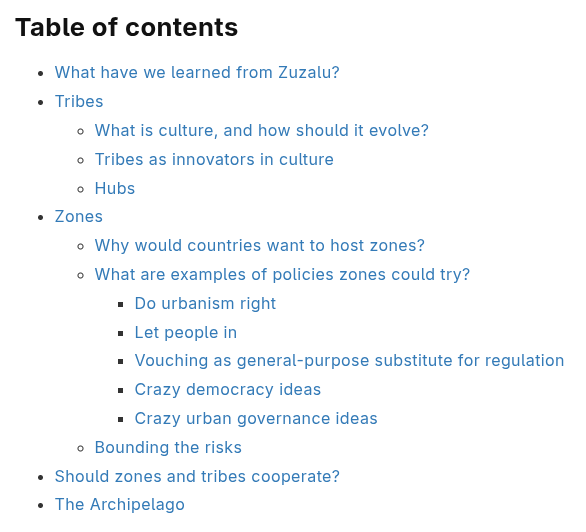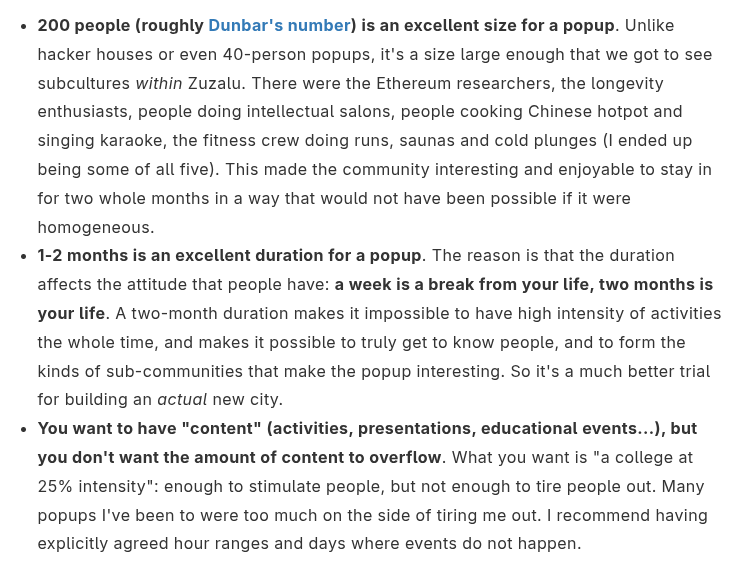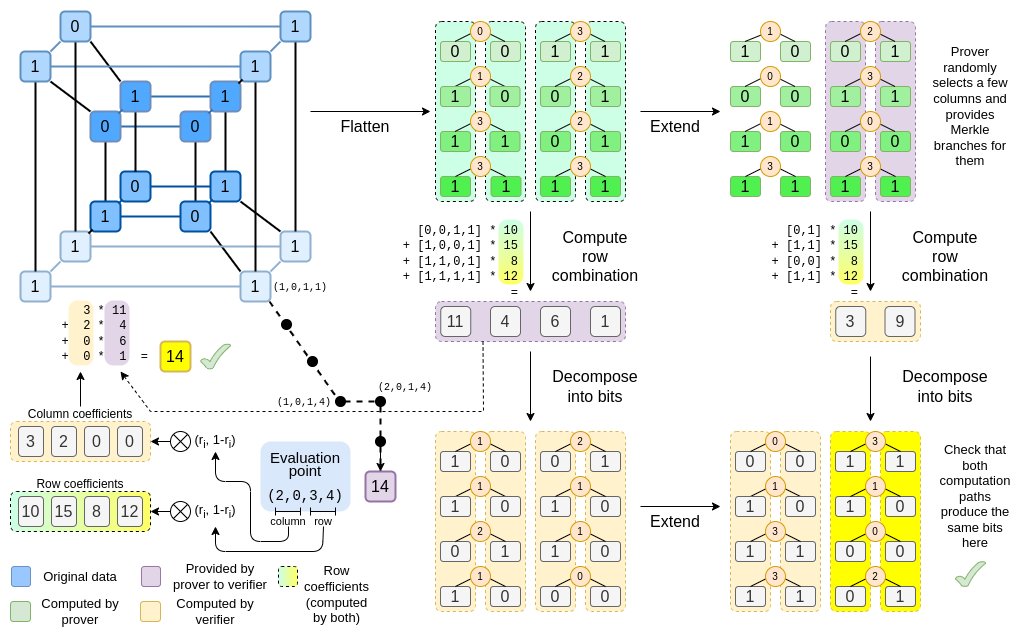It's interesting how in the last few weeks I've argued with both pro-BTC *and* anti-BTC people who think BTC will utterly cripple nation state funding (pro-BTC ppl wanting to defund the militaries), while I disagree with both: I just don't think it will have that kind of effect.
https://twitter.com/VitalikButerin/status/1294600435542630400
My theory is more moderate. Money printing is only a small portion of governments' budgets, and furthermore it's very naive to think that if govts were forced to shrink their revenue by 10-20% it's the militaries that go first.
And there's plenty that governments can effectively tax even in a hypothetical extreme world of zero financial surveillance; property, physical sales, transactions in large organizations, natural resources, lots of urban anti-congestion regs can be turned into Pigovian taxes...
Rather, things I focus on are:
* Freedom to transact+organize for marginalized people
* Escaping the tyrannies of weaponized interdepedence mitpress.mit.edu/blog/weaponize…
* Minimizing excessive power of gatekeepers
* Freedom of exit
etc etc
* Freedom to transact+organize for marginalized people
* Escaping the tyrannies of weaponized interdepedence mitpress.mit.edu/blog/weaponize…
* Minimizing excessive power of gatekeepers
* Freedom of exit
etc etc
(I recognize that some people in the thread I linked to above said things other than "govts having 10-20% less funding will lead to utopia", I definitely commend those with the more diverse viewpoints)
• • •
Missing some Tweet in this thread? You can try to
force a refresh



















